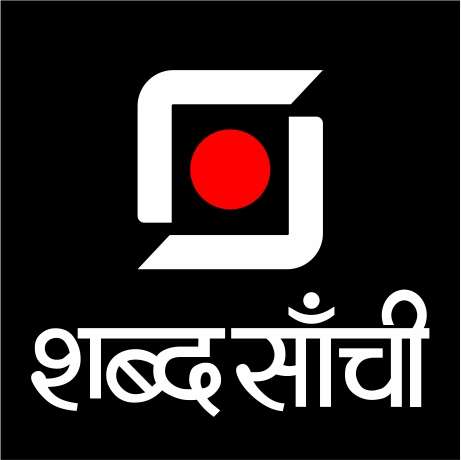Turkey has officially lifted the one-week ban imposed on Instagram, restoring access to the platform. This move has brought tremendous relief to millions of users worldwide who rely on Instagram for communication, business, and social interactions. The short-term ban had sparked fears about the state of digital freedom in Turkey and the government’s tightening grip on online platforms.
Background of the Ban and Impact
The Instagram ban in Turkey was part of a broader pattern of internet control often seen during periods of political tension, social unrest, or perceived national security threats. For more than a week, Instagram was completely inaccessible in Turkey, causing significant disruption for individuals and businesses alike. In a country where Instagram has become an integral part of everyday life, the ban had far-reaching consequences. Small businesses, in particular, were hit hard, as they rely on Instagram to engage with audiences, build brands, and generate income. The restriction not only halted economic activities but also limited social interactions, highlighting the platform’s importance in daily life.
Government’s Rationale and the Response
The Turkish government did not provide an official explanation for the Instagram ban, leading to widespread speculation and concern. Historically, Turkey has imposed similar restrictions on platforms like Twitter, Facebook, and YouTube, often citing national security, public order, or misinformation as justifications. Government sources later indicated that the Instagram ban was a precautionary measure during a period of political tension, aimed at preventing unrest or the spread of false information through social media. However, this rationale did little to appease critics who viewed the ban as an overreach by the government, stifling free expression and democratic discourse.
Public Reaction and Criticism
The Instagram ban drew strong reactions both within Turkey and internationally. Civil society groups, human rights activists, and ordinary citizens criticized the move as a violation of digital rights and an infringement on freedom of expression. In a country where much of the traditional media is state-controlled, social media platforms like Instagram have become vital spaces for public debate and political expression. Many saw the temporary ban as part of a broader trend of increasing government control over online spaces, raising concerns about the future of internet freedom in Turkey.
Relief with Caution
The lifting of the Instagram ban brought relief to users, particularly businesses and influencers who had been eager to reconnect with their audiences. However, the sudden imposition and reversal of the ban served as a stark reminder of the fragile state of digital freedom in Turkey. While the easing of the restriction was welcomed, it did not alleviate deeper concerns about government censorship and the potential for future restrictions. As social media continues to play a central role in Turkish society, the tension between government control and digital liberty is likely to persist.
Internet Freedom in Turkey
The Instagram ban is just one example of the long-standing pattern of internet control in Turkey. As the internet has grown in importance, it has increasingly challenged government efforts to suppress information and control public discourse. Turkey’s government has faced criticism both domestically and internationally for its measures against digital media, which are often seen as attempts to curb freedom of speech and maintain state control over information. In a society where digital platforms are central to daily life, the ongoing struggle between state control and digital freedom remains a critical issue.
Conclusion
The reinstatement of Instagram access in Turkey marks a significant moment in the country’s digital landscape, offering relief to millions of users who depend on the platform for communication and business. However, it also raises important questions about the future of digital freedom in Turkey. As the country navigates its complex political environment, the balance between national security and individual rights will continue to be a key challenge. The recent Instagram ban serves as a reminder of the ongoing tension between state control and the principles of free communication and self-expression in the digital age.

